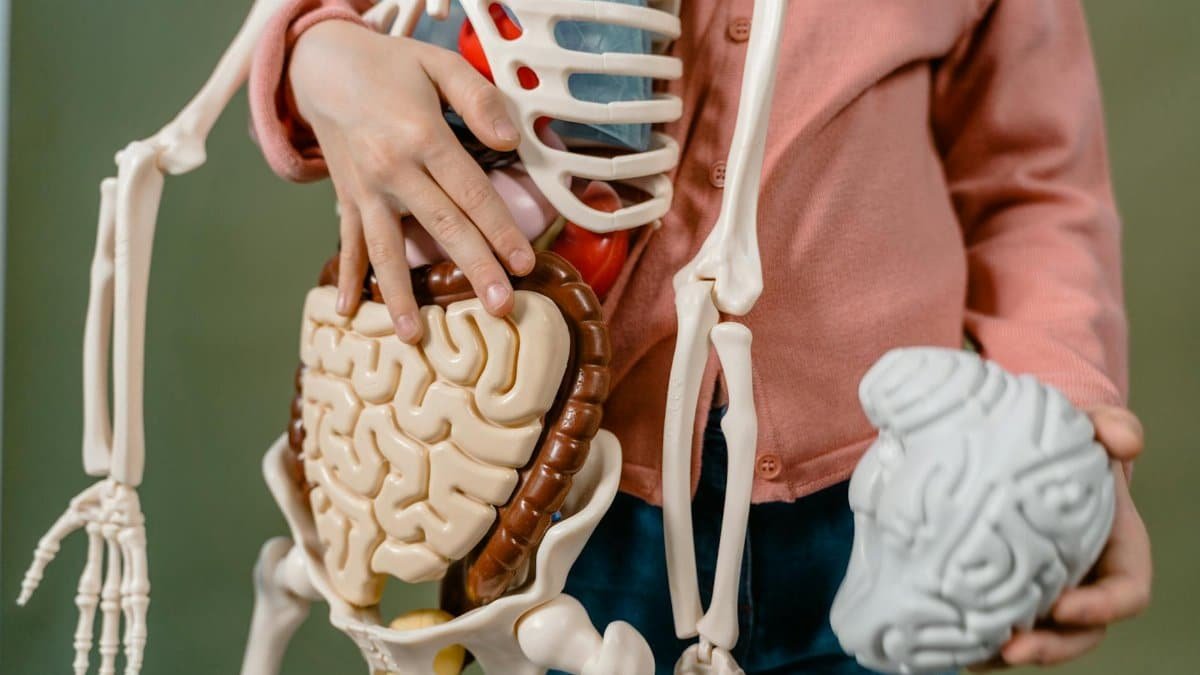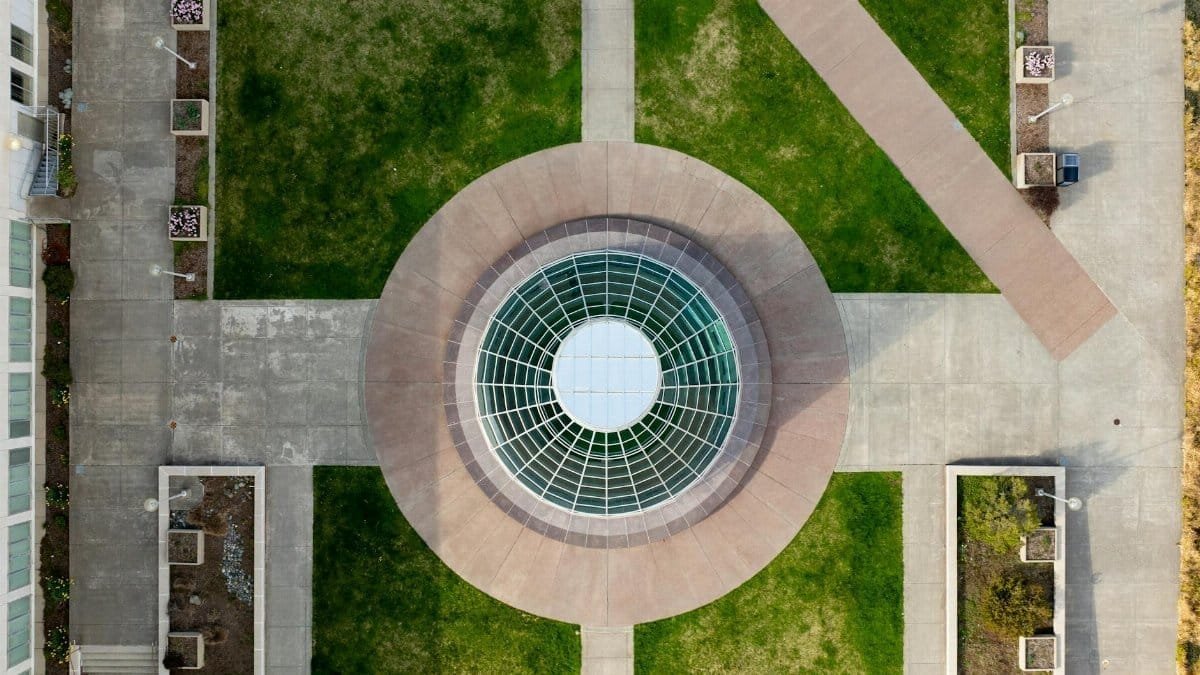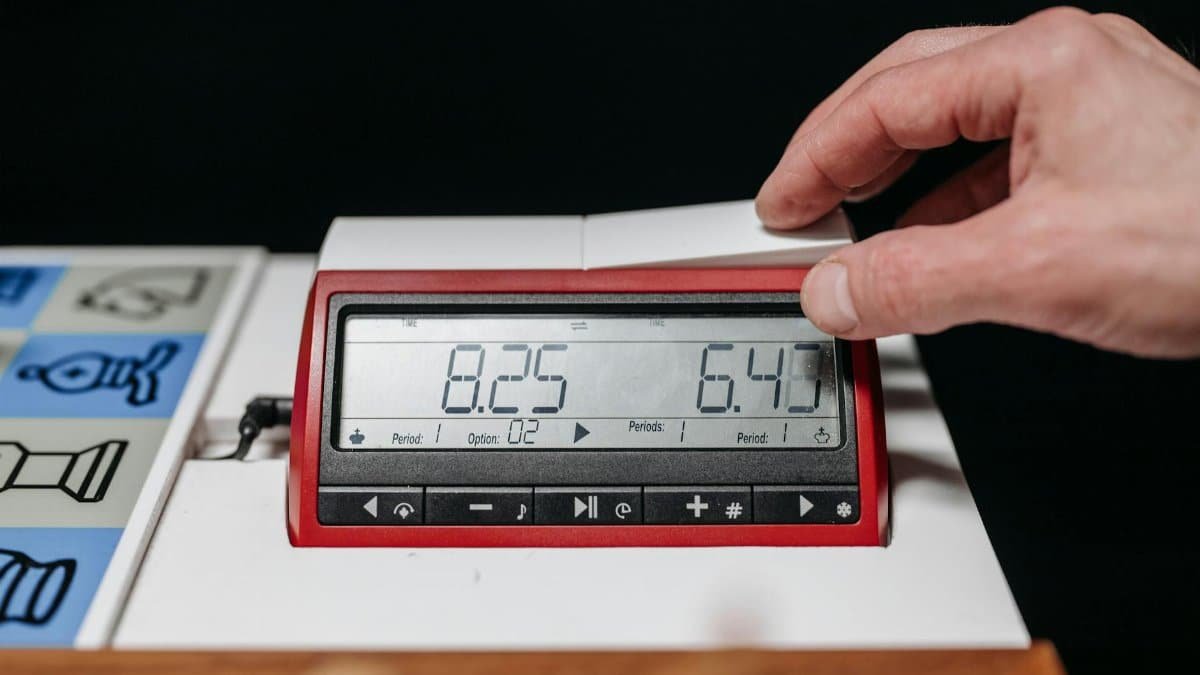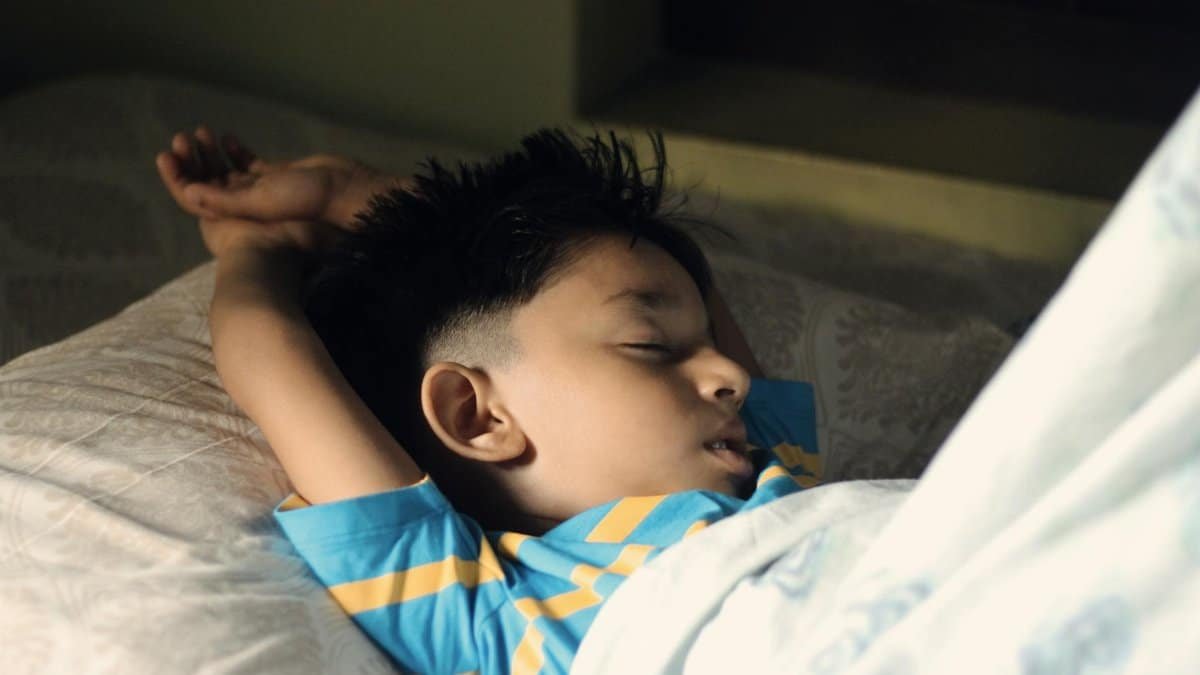Imagine a quiet moment of release, the weight of a long-held grudge finally slipping away. For many, forgiveness feels like a personal triumph, a moral or emotional choice. But what if it’s more than that? What if forgiving someone—or even yourself—could reshape the very structure of your mind? The science of forgiveness brain change suggests exactly this: letting go doesn’t just heal the heart; it rewires neural pathways, alters stress responses, and transforms how we process the world. This isn’t mere metaphor. Researchers across the U.S. are uncovering tangible evidence that forgiveness can spark profound physical changes in the brain, offering a new lens on an age-old concept. As we navigate fractured relationships and personal burdens in 2025, understanding this phenomenon might be more relevant than ever. How does this process unfold, and what does it mean for our daily lives? The answers lie at the intersection of neuroscience and human resilience, revealing a powerful tool hiding in plain sight.
The Science Behind Forgiveness and the Brain

Forgiveness isn’t just a lofty ideal preached in therapy sessions or religious teachings. It’s a measurable act with concrete effects on the brain. Studies show that when we forgive, areas like the prefrontal cortex—responsible for decision-making and emotional regulation—light up with activity. Meanwhile, the amygdala, often tied to fear and anger, shows reduced reactivity. This shift isn’t fleeting. Over time, forgiveness can strengthen neural connections associated with empathy and perspective-taking, fundamentally altering how we respond to conflict. A landmark study from the National Institutes of Health highlights how forgiving behavior correlates with decreased stress hormone levels, like cortisol, which directly impacts brain health. Lower stress means less wear on neural structures, potentially slowing cognitive decline. It’s as if forgiveness acts like a protective shield for the mind, buffering it against the toxic grind of resentment. But how does this transformation begin, and what sparks such a cascade of change?
Releasing Grudges, Rewiring Pathways

Think of holding a grudge as a neural habit, a well-worn path in the brain that’s easy to tread. Each time anger or bitterness resurfaces, those circuits deepen. Forgiveness, though, forces a detour. Research from UC Berkeley’s Greater Good Science Center suggests that actively choosing to forgive—whether through reflection or dialogue—engages neuroplasticity, the brain’s ability to reorganize itself. New pathways form, ones tied to compassion rather than hostility. One participant in a forgiveness study described the shift vividly: “It was like unclenching a fist I didn’t even know I was holding.” This isn’t instant. It often takes repeated effort, especially for deep wounds. Yet each act of letting go reinforces those fresh neural routes, making empathy a more natural response over time. For many Americans grappling with personal or societal rifts in 2025, this offers a glimmer of hope—a way to break cycles not just emotionally, but biologically.
The Stress Connection and Brain Health

Chronic resentment doesn’t just sour moods; it batters the brain. Stress from unresolved conflict floods the body with cortisol, which, in excess, can shrink the hippocampus—a region crucial for memory and learning. Forgiveness interrupts this destructive loop. A study published by the American Psychological Association found that individuals who practiced forgiveness reported lower blood pressure and reduced anxiety, both tied to healthier brain function. Less stress means better focus, improved mood regulation, and even enhanced creativity. Picture a middle-aged father, years after a family feud, finally extending an olive branch at a tense holiday dinner. As he speaks words of reconciliation, his brain begins to dial down the fight-or-flight response. Over weeks, that choice could translate into clearer thinking and a calmer demeanor. Forgiveness brain change, in this sense, isn’t abstract—it’s a practical shield against the mental toll of modern life.
Empathy as a Neural Building Block

Why does forgiveness feel so hard at first, yet so liberating once achieved? Part of the answer lies in empathy, a skill that forgiveness both requires and reinforces. Neuroimaging research from Frontiers in Psychology reveals that forgiving someone activates the temporoparietal junction, a brain area linked to understanding others’ perspectives. Essentially, forgiveness trains the brain to step into another’s shoes, even when it’s uncomfortable. This isn’t just a soft skill. It’s a structural shift, strengthening circuits that make future acts of compassion easier. Over time, people who regularly forgive may find themselves less reactive, more attuned to others’ pain. In a polarized era, where misunderstandings fuel division, this aspect of forgiveness brain change could be a quiet antidote, reshaping not just individuals but entire communities, one neural connection at a time.
Challenges in Rewriting the Brain’s Script

Forgiveness isn’t a light switch you flip. For many, the brain clings to old hurts like a stubborn reflex. Trauma, betrayal, or cultural norms that prize retribution can make letting go feel like surrender. Neurologically, this resistance makes sense: the brain’s default is to protect, often by replaying pain as a warning. Breaking that cycle requires conscious effort, sometimes aided by therapy or mindfulness practices. Even then, progress isn’t linear. A woman in her fifties, reflecting on forgiving an estranged sibling, admitted, “Some days I’m at peace; others, the old anger creeps back.” Her struggle mirrors a broader truth: forgiveness brain change demands patience. It’s less a destination than a process, one where neural rewiring happens in fits and starts. Acknowledging this uneven path can make the journey less daunting, especially for those who feel stuck in resentment’s grip.
Forgiveness as a Tool for Personal Growth

Beyond mending relationships, forgiveness can be a catalyst for self-transformation. When we release grudges, the brain’s reward system—think dopamine—often kicks in, creating a subtle sense of relief or even joy. This isn’t just feel-good fluff. It’s a feedback loop that encourages more positive behavior, reshaping how we see ourselves. In online discussions, one person shared anonymously how forgiving a past mistake lifted years of self-blame: “I didn’t just forgive them; I forgave me.” This dual healing—toward others and inward—amplifies the impact of forgiveness brain change. As mental health remains a priority for many in 2025, this process offers a low-cost, accessible way to reclaim mental space. It’s not about erasing pain but reframing it, allowing the brain to prioritize growth over grievance. For middle-aged readers juggling past regrets and present pressures, that shift could be quietly revolutionary.
Cultural Shifts and the Brain’s Response

Forgiveness isn’t just personal; it’s shaped by the world around us. In the U.S., where individualism often clashes with calls for collective healing, attitudes toward letting go vary widely. Some see it as weakness, others as strength. These cultural lenses influence how readily the brain adapts to forgiveness. In communities emphasizing reconciliation—think certain faith-based or restorative justice groups—neural changes tied to forgiveness may emerge faster, reinforced by social norms. Elsewhere, skepticism can slow the process. Yet, as conversations around mental wellness grow louder in 2025, forgiveness is gaining traction as a health strategy, not just a moral one. Therapists and neuroscientists alike note a rising interest in its brain-altering potential. This shift suggests a broader rewiring, not just of individual minds but of societal values, nudging us toward a future where forgiveness feels less like a burden and more like a shared strength.
